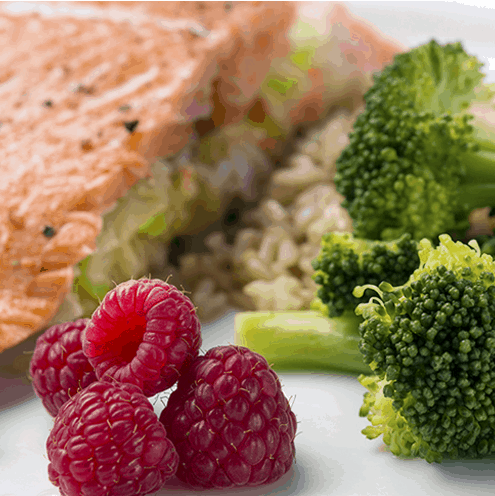Originally published at Weston A. Price

A commonly reported consequence of vegetarian or vegan diets, or even diets that rely too heavily on plant foods, is chronic fatigue. Many sufferers subsequently embrace the principles enumerated by Weston Price, adopting a diet containing more nutrient-dense animal foods and fat; however, the fatigue often persists, even after considerable time on the new diet.
While Americans have been receiving a broad education on the nutritional value of plant foods, evidence has accumulated to indicate that diets that rely too heavily on plant food sources have special problems of their own. Those of us interested in traditional nutrition have become familiar with some of these, including fatty acid imbalances, B6 and B12 deficiencies, and untreated phytates in whole grains, legumes and nuts. As we continue to delve into these areas, the seriousness of these dietary imbalances continues to emerge.
Disruption of the copper-zinc ratio is an overlooked contributor to intractable fatigue that follows excessive reliance on a plant-based diet. The result is toxic accumulation of copper in tissues and critical depletion of zinc through excretion. This condition usually goes unrecognized because copper levels in the blood can remain normal. Also, most doctors are unprepared to meet with extreme zinc deficiency and its baffling effects on many systems of the body. Hair mineral analysis, competently used, is the tool which can unravel the complexities of this growing problem.
In particular, it is becoming clear that plant-based diets, and lighter diets generally, cause serious nutrient imbalances and long-term damage to digestion and cellular metabolism that are not easily corrected. This is of consequence for us in the traditional foods movement because we are asking people to return to higher density foods they may not have eaten for many years. Proper physiologic balance can be restored, but the period of transition in some cases may be longer and more difficult than we have anticipated.
An Unrecognized Danger
This article explores a major hurdle to dietary recovery, which has remained little-known, although an accessible book by Ann Louise Gittleman, MS, introduced the topic in 1999.1 The fact is that the micronutrient copper is widely available in unrefined foods,2 but the mineral zinc, needed in larger amounts to balance copper, can only reliably be obtained in optimum amounts from land-based animal foods, in particular eggs and red meats.3 These of course are among the foods that have been most stubbornly attacked by mainstream nutrition authorities. They are also among the foods lacto-vegetarians and others who have conscientiously adopted light diets have the most difficulty in reintroducing.
If you are interested in hair mineral analysis testing (HTMA), please contact the clinic for more details.
Continue reading at Weston A. Price






